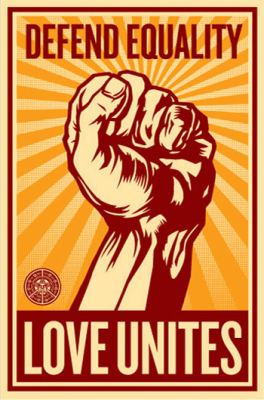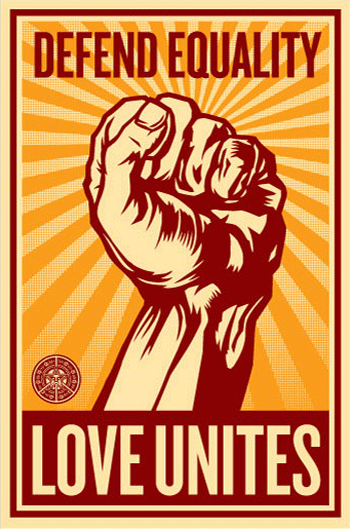 Over the more than 30 years I have spent helping to raise money for social justice work, I have frequently found myself faced with the need to turn lemons into lemonade. Authentic causes for celebration in the name of democracy, human rights, peace, or justice are few and far between. Yet, because I am a congenital optimist (hence those 30 years) and because I am frequently the person tasked to persuade a skeptical and exhausted community of progressive donors that there is reason for hope, I instinctively search for silver linings and eagerly applaud windmill-tilters.
Over the more than 30 years I have spent helping to raise money for social justice work, I have frequently found myself faced with the need to turn lemons into lemonade. Authentic causes for celebration in the name of democracy, human rights, peace, or justice are few and far between. Yet, because I am a congenital optimist (hence those 30 years) and because I am frequently the person tasked to persuade a skeptical and exhausted community of progressive donors that there is reason for hope, I instinctively search for silver linings and eagerly applaud windmill-tilters.
Yesterday’s finding by U.S. District Judge Walker, ruling California’s Proposition 8 unconstitutional, evoked a memory of a nearly forgotten instance of such windmill tilting and reminded me anew that struggles for justice are incremental, that few important victories come swiftly or easily.
One day in 1989, as the reluctant chair of the Human Relations Commission for the city of DeKalb, Illinois, I found myself testifying before the city council about the need to make discrimination on the basis of sexual orientation illegal. My colleagues on the HRC and I had recently recommended unanimously to the city government that it ban such discrimination. The city council, a majority of whom we had considered certain allies, had balked and was unexpectedly voting, on the evening I recall, to duck the issue and put the idea of gay rights on the ballot!
I was on fire with indignation — since when, I asked the assembled councilors, did we in the United States believe that the rights of the minority could be determined or curtailed by a vote of the majority. Had we learned nothing in the 125 years since the civil war? I ended the evening in tears, devastated by the betrayal of the public officials, including the mayor, who had assured me in private that they would do the right thing. It took another ten years for discrimination in hiring or housing on the basis of sexual orientation to become illegal in DeKalb.
Fast forward more than two decades. A federal judge, appointed by a Republican president, looks at the facts and finds himself unable to muster an excuse for justifying discrimination on the basis of sexual orientation, in this instance when it comes to issuing marriage license.
Of course, it has been too long — more than 40 years since Stonewall — but a bit of reflection confirms that progress has been real. Consciousness has changed. Paradigms have shifted. Social movements demanding justice start small with tiny, often unconnected yet simultaneous uprisings in obscure and unnoticed locales. But, as is the case with GLBT rights, the patent reasonableness of the claim and the simple decency of the claimants eventually become obvious and, within a few decades (when we are lucky — ending slavery took centuries) become conventional wisdom.
The kind of overt racism that was socially acceptable in 1950 had become obscene by 2000. The homophobia that was routine in 1989 in DeKalb has, at least in one very influential federal jurisdiction in California, become indefensible in 2010. The Defense of Marriage Act will soon be as much of an anachronism as Jim Crow.
It pays to keep your eyes on the prize.
